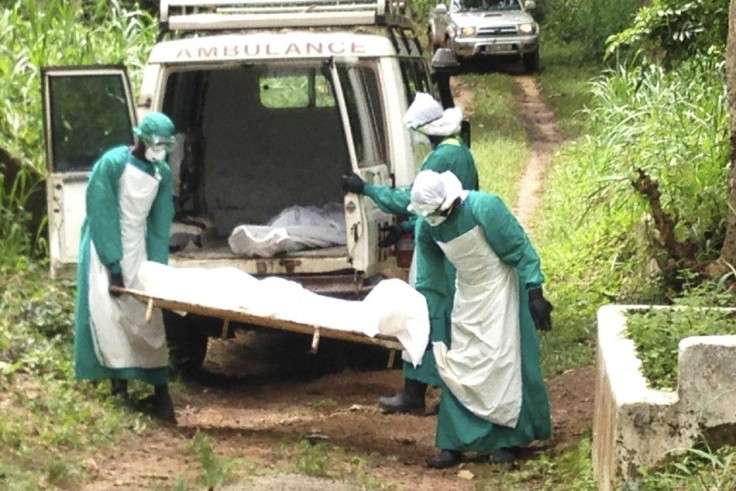Ebola-Ravaged Sierra Leone Appeals To Australia For Help: New Zealand Ready For 'Unlikely' Ebola

The New Zealand government is confident Ebola will not reach the country, but precautions are in place if the deadly virus arrives. Following the news of the first confirmed case of Ebola in the United States, New Zealand's Associate Health Minister Jo Goodhew reiterated that the risk of the virus reaching the country is "low" based on the Ministry of Health assessment.
Reports said border screening is already practiced for people coming to New Zealand from countries in West Africa currently ravaged by Ebola. Since border screening was implemented early in August, authorities have checked 47 people, but none were found to have Ebola symptoms.
Goodhew said New Zealand is lucky to be geographically isolated with no direct flights from West Africa. She added that Ebola does not spread through air since the only way to contract the virus is to have contact with an infected patient's bodily fluids.
Radio NZ reported that New Zealand had spent a total of $80,000 for point-of-care blood-testing machines and isopods or plastic-covered beds for suspected patients in an effort to prepare the country in case Ebola arrives.
Meanwhile, Sierra Leone has personally appealed to Australia Prime Minister Tony Abbott for to send military aid and logistical support. In a desperate plea for help, Sierra Leone President Ernest Bai Koroma wrote a letter to the prime minister and requested for military aid. He feared Sierra Leone is slowly losing the fight against Ebola, reports said.
Foreign Minister Julie Bishop has announced that Australia will be increasing its donation to $18 million as its contribution to the fight against the worst Ebola outbreak in recent history. However, the Australian government has since ruled out sending health workers, medical experts and logistical support.
The refusal by Australia to provide the much-needed medical experts and logistical support has drawn criticism from international aid organisations including Medecins Sans Frontieres or Doctors Without Borders.
Mr Koroma's letter was dated Sept. 18 and was sent through envoys. His letter warned that Sierra Leone's national healthcare system has collapsed since the outbreak. The World Health Organisation has declared 3,338 deaths from Ebola with 7,178 people infected since the start of the year.
Mr Koroma appealed for more support and mentioned the Australian military's response to the tragedy caused by Typhoon Haiyan in the Philippines as an example of Australia's aid capabilities. He said Australia is "uniquely placed" to help Sierra Leone fight Ebola.
Bishop had said financial contributions were considered by the government as the best and most efficient way to make an immediate response to the Ebola outbreak. The United States has since pledged 3,000 of its troops while the U.K. spent $185 million including 700 beds for patients in Sierra Leone.





















